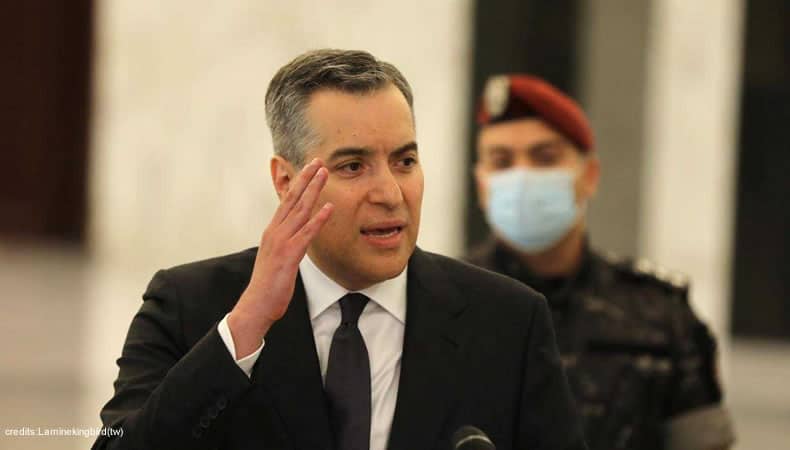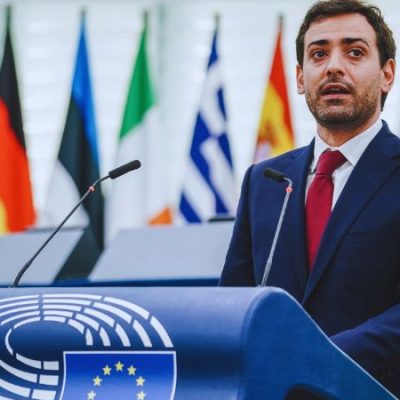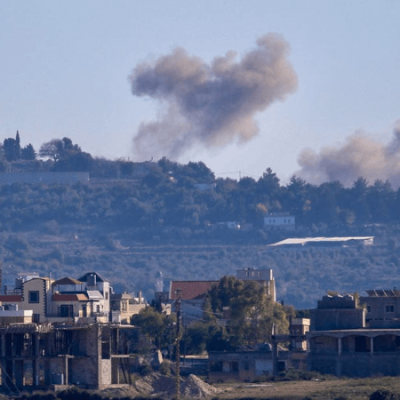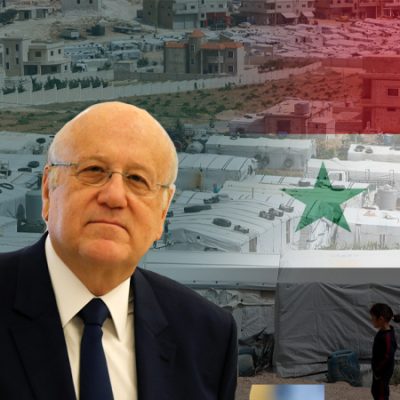After failing to break the political stalemate in Lebanon the Prime Minister-designate Mustapha Adib steps down

With popular demands to bring reforms in Lebanon, especially after the catastrophic Beirut blasts, the Prime Minister-designate Mustapha Adib has failed to form a government in the country undergoing economic and political turmoil. Though Mr. Adib did not reveal details regarding his decision to step down, the reports indicate that the central conflicts lied with the Shia parties that were seeking control of Ministry of Finance in the country and also hand-pick the ministers in government. Lebanon is in midst of an economic mayhem, divided along sectarian lines.
The devastating Beirut explosions that rocked the country on August 4, 2020 led to widespread anger and protests among people of Lebanon against the then government, forcing the government to step down. The huge explosion that devastated swathes of capital city of Beirut killed at least 190 people and more than 6000 injured.
The explosion was reportedly caused by unsafe storage of 2,750 tonnes of ammonium nitrate at the Beirut port warehouse for over six years. The government was questioned for the storage details by already dissatisfied Lebanese people. The World Bank estimated that the explosion caused damage to infrastructure and buildings of at least $4.6bn.
Mustapha Adib, the former Lebanese Ambassador to Germany, was nominated to be Prime Minster of Lebanon on August 31. Soon after taking on the office, Adib said that he wanted immediate reforms and an International Monetary Fund rescue package for the country. But evidently Adib, the Sunni Muslim politician hit a roadblock with the Shia Muslim politician bloc in the country.
French President Emmanuel Macron has been urging Lebanon’s political fractions to establish a stable government in the country. Adib was supported by the Parliament as well as the French President. But Shia parties, specifically the Amal movement and Hezbollah, continue to have major dominance in country’s politics and economy.
This is also due to lack of a strong Sunni bloc in Lebanon. Despite the fallout in Lebanon economically and the fact that the nation is facing major hardships from all fronts, both the Shia movements seem to honor their own interests more than the country.




